Amphiphilic nanogel of enzymatically synthesized glycogen as an artificial molecular chaperone for effective protein refolding
文献信息
Shigeo Takeda, Haruko Takahashi, Yoshihiro Sasaki
Enzymatically synthesized glycogen (ESG) bearing hydrophobic groups were prepared to construct a new artificial molecular chaperone system. The radius of the amphiphilic ESG nanogel was approximately 15 nm. The nanogels prevented irreversible aggregation of carbonic anhydrase. Cyclodextrin induced the release of carbonic anhydrase in its active form via a one-step mechanism without dissociation of the nanogels.
期刊推荐

Journal of the Chinese Chemical Society

Chemical & Pharmaceutical Bulletin

Accounts of Chemical Research

Chemical Reviews

Bulletin of the Chemical Society of Japan

Anti-Corrosion Methods and Materials

Chemistry of Heterocyclic Compounds

Analyst

Australian Journal of Chemistry

Journal of the American Chemical Society
相关文献
IF 6.222
Small size yet big action: a simple sulfate anion templated a discrete 78-nuclearity silver sulfur nanocluster with a multishell structureIF 6.222
Inside back coverIF 6.222
In situ growth of all-inorganic perovskite nanocrystals on black phosphorus nanosheetsIF 6.222
Visible light-driven cross-coupling reactions of alkyl halides with phenylacetylene derivatives for C(sp3)–C(sp) bond formation catalyzed by a B12 complexIF 6.222
PEST (political, environmental, social & technical) analysis of the development of the waste-to-energy anaerobic digestion industry in China as a representative for developing countriesIF 6.367
Redox responsive Pluronic micelle mediated delivery of functional siRNA: a modular nano-assembly for targeted deliveryIF 6.843
A new neodymium–phosphine compound for supercapacitors with long-term cycling stabilityIF 6.222
Life cycle assessment of power-to-gas with biogas as the carbon sourceIF 6.367
Cu2ZnSnS4 nanocrystals for microwave thermal and microwave dynamic combination tumor therapyIF 6.222
来源期刊
RSC Advances
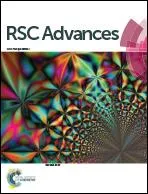
Chemistry fascinates us. This discipline is integral to life and impacts so many aspects of our world. The scope for RSC Advances is wide-ranging because we want to capture any research that can offer crucial insights and advance chemistry. RSC Advances papers should provide an insight that advances the chemistry field. Papers that contain little or no chemistry and are not considered to be of interest or relevance to the chemistry community are not within the scope of the journal. The criteria for publication are that the work must be high quality, well conducted and advance the development of the field. Articles submitted to the journal are evaluated by our international team of associate editors and reviewers for the overall quality and accuracy of the science presented. Download our full list of subject categories to see the range of topics we publish in RSC Advances. Please ensure you have considered the following points before submitting your manuscript. Does the work present an advance over the existing literature? Please supply a covering letter with your submission to demonstrate how the work is advancing the field over the existing literature Have you provided sufficient evidence/data to support your conclusions? Have you provided adequate characterisation data for your materials/compounds? (Please check the supporting information section to ensure that the necessary requirements have been met and copies of relevant spectra have been provided where necessary) Are the results discussed in the context of the literature? Are the references relevant and do they appropriately reflect the existing literature?
推荐供应商
 青岛玉洲化工有限公司(山东莱西
青岛玉洲化工有限公司(山东莱西 溧阳市长青化工有限公司
溧阳市长青化工有限公司 山东合展化工有限公司
山东合展化工有限公司 生物链公司
生物链公司 杭州海达医药化工有限公司
杭州海达医药化工有限公司 赫尔姆阿根廷SRL
赫尔姆阿根廷SRL FWA Friedrich Werntges Apparatebau GmbH
FWA Friedrich Werntges Apparatebau GmbH 格斯特拉 AG
格斯特拉 AG Sila纳米技术股份有限公司。
Sila纳米技术股份有限公司。 石家庄超微新材料科技有限公司
石家庄超微新材料科技有限公司
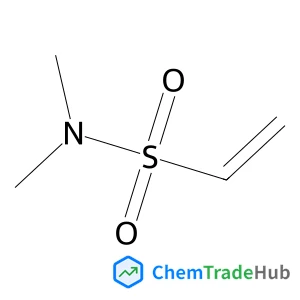
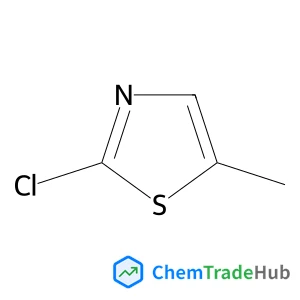
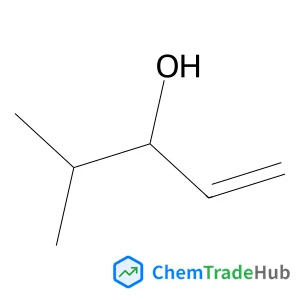
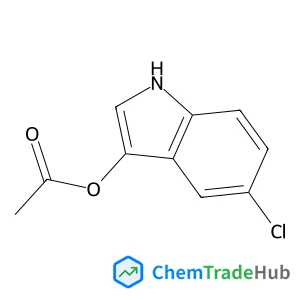
![72050-71-6 - 2-基]-2,3-二羟箕-10,13-二甲箕-1,2,3,4,5,7,8,9,11,12,14,15,16,17-十四箐环戊烯并[a]菲-6 72050-71-6 - 2-基]-2,3-二羟箕-10,13-二甲箕-1,2,3,4,5,7,8,9,11,12,14,15,16,17-十四箐环戊烯并[a]菲-6](/structs/720/72050-71-6-6651.webp)